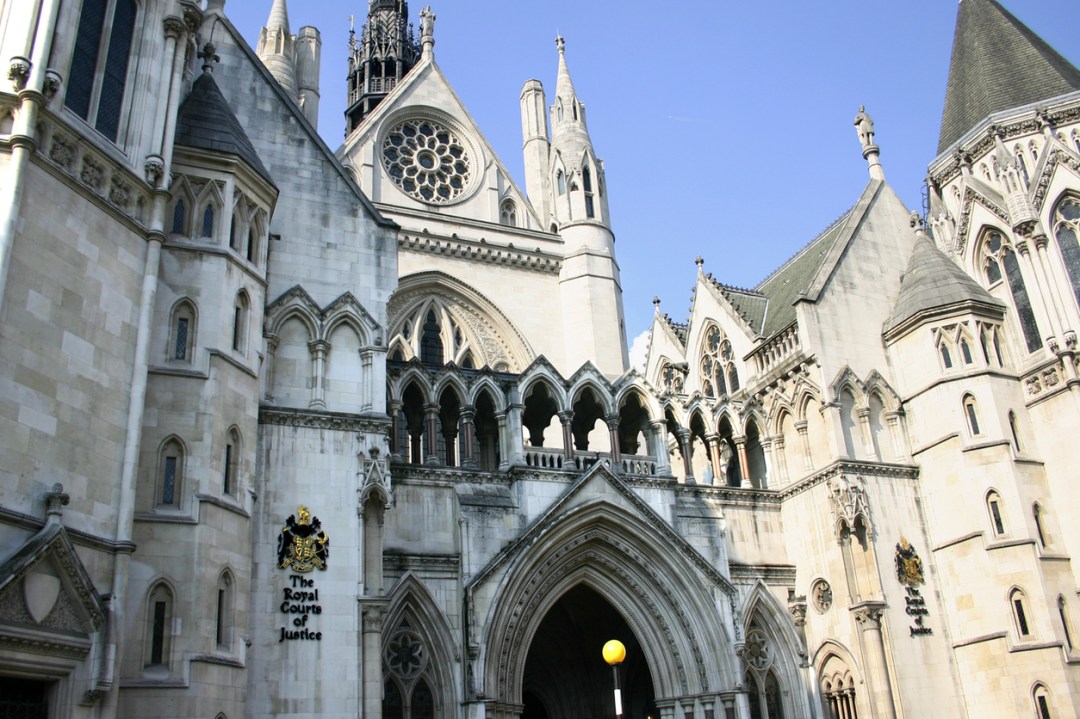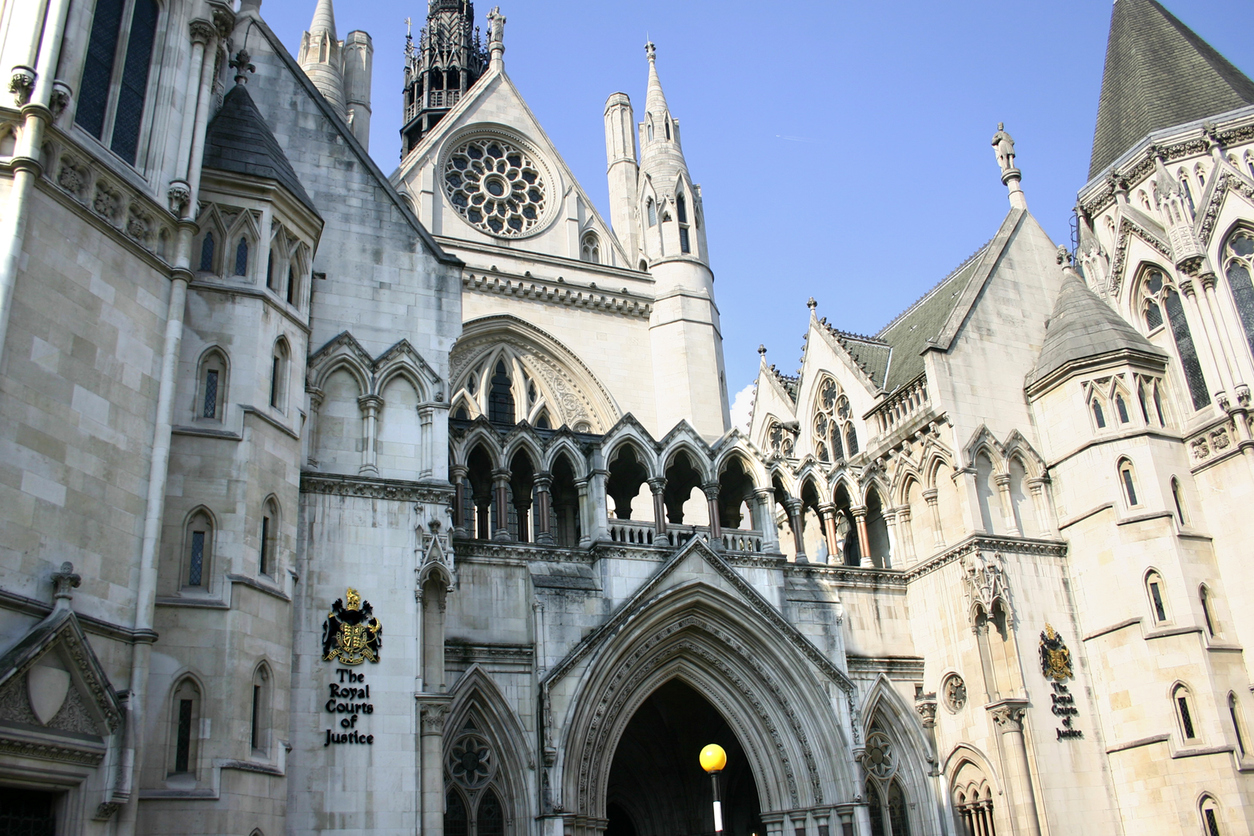The Court of Appeal has delivered a judgment on the so-called ‘Gaza family’ claim, which sparked such outrage at Prime Minister’s Questions back in February. The row related to a decision of the Upper Tribunal to allow a Palestinian family from Gaza, who had a relative living in the UK, to enter the country.
The family had initially applied under the Ukraine Family Visa Scheme and also relied on Article 8 of the European Convention on Human Rights (the right to a family life). Their claim was initially refused, but they were allowed to stay, on appeal, after the Upper Tribunal determined that they had demonstrated ‘a very strong claim indeed’ and that there were ‘compelling or exceptional circumstances’ to justify the appeal being allowed.
The court ruled that the tribunal had been ‘wrong to pay so little regard to the immigration control policies’ of the government
The case prompted the Leader of the Opposition, Kemi Badenoch, to raise the matter at PMQs. In response, Keir Starmer said that he did not agree with the decision and indicated that the Home Secretary would bring forward a change in the law to close what he termed ‘a loophole’. There was particular concern at the Home Office that the decision could open the floodgates to more claims and allow anyone from a conflict zone with family in the UK to apply for permission to stay.
The controversy also resulted in a rather unwise intervention by the Lady Chief Justice, Baroness Carr, who criticised both Starmer and Badenoch for commenting on the outcome of the case. She contended that: ‘both the question and the answer were unacceptable. It is for the government visibly to respect and protect the independence of the judiciary where parties, including the government, disagree with their findings.’
Ironically, in its decision yesterday, the Court of Appeal concluded that the Upper Tribunal had reached the wrong decision.
In press coverage of the case, early references to the Ukraine visa scheme were always something of a red herring. The family had used that form because they believed it most closely matched their circumstances; but it was acknowledged that they did not qualify either under the Ukraine scheme or under the immigration rules. Instead, they had to show that there were compelling, compassionate circumstances justifying the grant of leave outside the immigration rules.
The Upper Tribunal’s decision had in fact been based on the finding that the Gaza family were entitled to join their UK relative under Article 8 of the ECHR.
The Court of Appeal panel concluded that the Upper Tribunal had erred. The appeal court judges held that no sufficient family life existed between the family in Gaza and the brother in the UK to meet ‘the level of dependence needed to establish family life between adult siblings’ under Article 8 of the ECHR.
In a helpful analysis, legal commentator Joshua Rozenberg noted that Master of the Rolls, Sir Geoffrey Vos, and his fellow appeal court judges said the Strasbourg court has ‘consistently held that the law does not protect family life between parents and adult children, or adult siblings, unless they can demonstrate additional elements of dependence, involving more than the normal emotional ties.’
The Court of Appeal also concluded that, even if family life had existed between the sponsor and the family, the balance should not have been struck in favour of granting entry clearance. It ruled that very exceptional or compelling circumstances had not been shown and that the tribunal had been ‘wrong to pay so little regard to the immigration control policies’ of the UK government.
What does this mean in practice? The determination will not affect the anonymous Gaza family, who have already been granted entry clearance by the former Home Secretary, Yvette Cooper. However, it may encourage immigration tribunals to interpret the right to family life under Article 8 rather more narrowly, in accordance with Strasbourg case law.
The judgment also places the Lady Chief Justice in a slightly awkward position. While it is right to say that the Upper Tribunal had not used some legal loophole to reach its decision, it had nonetheless got the law wrong. Keir Starmer’s criticism of the decision in February was not egregious, and he had quite reasonably used the opportunity to signal that the government intended to tighten the law in this area – something he was clearly entitled to do.
As Richard Ekins noted at the time, the rule of law does not require parliamentarians to refrain from disagreeing with the decisions of the courts (nor, indeed, from indicating how they intend to respond).
As for the future, the government has already announced plans to change UK immigration and asylum law, and to bear down on claims under Article 8. These plans go well beyond anything envisaged by the Court of Appeal in its judgment and are clearly designed to address the political importance of irregular migration. We will, no doubt, see a whole panoply of further legal challenges if and when these new laws are implemented.








Comments